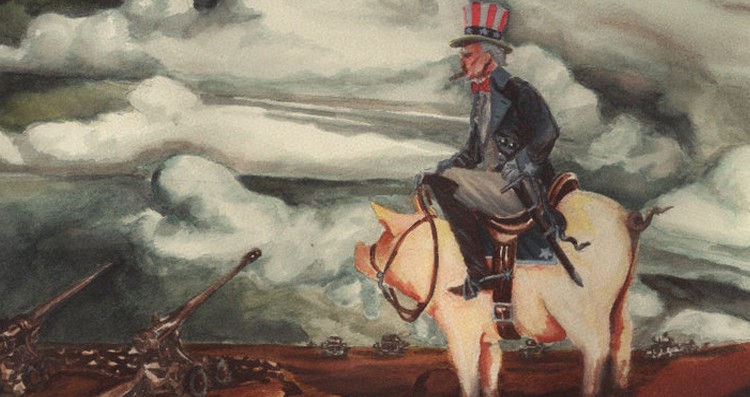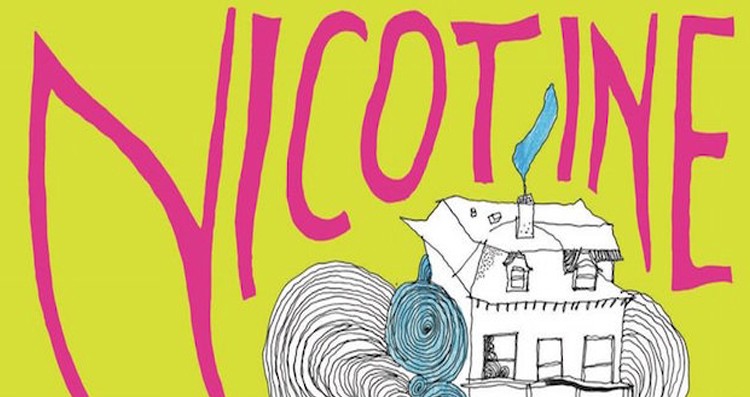Books & Culture
Finding a Brazilian Stranger in a Quiet Creature on the Corner
Joao Gilberto Noll has given us a baffling prism of a novella

Approaching a translated book is like drawing near a tamed animal. There is the nature of the beast at its core — the original language, the other, the scary place that one doesn’t understand the connotations and nuances of — and the facade that the beast wears of a domesticated animal, trained by the translator into the language one knows well, is familiar with, feels safe in. But tamed animals are at their most beautiful and vivid in the moments of wildness, where their nature takes over and one is swept away — maybe into danger, maybe merely into adventure, certainly into something mysterious.
[T]he reader is capable of more than even she thinks.
The best translators, I find, are the ones who allow for the rhythm of that wildness to remain rippling below the surface for the reader to find at unexpected moments. This means also allowed for confusion, for occasional misunderstanding, for the possibility of fear, but there is something trusting in that act, in believing that the reader is capable of more than even she thinks. Adam Morris, translating the words of Joao Gilberto Noll in Quiet Creature on the Corner is one of these fine translators. And perhaps because of this, I cannot quite wrap my head around the book itself.
It’s important to put the book into context. Noll is a well regarded Brazilian writer whose work has only selectively been translated into English, and he has been a visiting scholar at various international universities. This book came out originally in 1991, a year after I was born, when Brazil was going through the turmoil of transitioning to a democracy after many years of military dictatorship with nominal and symbolic yet utterly meaningless elections. This background is crucial to understanding — rather, to attempting to understand — the novel.
On its face, the plot is quite simple. An unnamed narrator, a poet, lives with his mother in a squat in Porto Alegre. One night, for unknowable reasons, he rapes a girl. The next day, his mother leaves to go live with her sister in another city. The rape victim apparently reports the crime and the narrator spends a night in prison. He then hallucinates or dreams up a whole life in which he and the girl he raped, Mariana, live harmoniously together on a farm and have a child. He wakes up in a clinic that has given him books and paper to write on. Why he is in this clinic, what kind of clinic it is, is a mystery that remains unsolved. Soon, however, he’s whisked away by a man named Kurt to a mansion where he is to spend his days in the company of Kurt himself, Kurt’s wife Gerda, another man, Otavio, and a servant, Amalia. He embarks on an affair with the latter, watches Gerda die beneath him during intercourse (and ejaculates into her dead body), and has a one night stand with a black woman, an apparent longtime fantasy of his, before writing his last poem ever and quite possibly living in Kurt’s manor forever.
But who among us hasn’t dreamed of having every want and need fulfilled — of having endless space and time in which to write?
But the plot, strange and surreal and inexplicable, almost seems secondary to the nature of the book. It reminded my of Albert Camus’s The Stranger, in that the narrator has a detachment from the world around him and seems to lack empathy or even much interest in others. Seeing the world through his lens is bleakly egotistical, yet there’s something forbidden and alluring in that viewpoint, one that is rare to adopt in real lives. But who among us hasn’t dreamed of having every want and need fulfilled — of having endless space and time in which to write — where one’s faintest and most urgent bodily needs are fulfilled without any need to worry about the consequences to others? Maybe in a world full of turmoil, when the social norms are crumbling in the face of a hope that is too terrifying to truly grasp, self serving is the only way to be.
As in The Stranger, perhaps the narrator isn’t one hundred percent heartless, for he takes pains to write to his mother from the manor and to tell her that he won’t be in touch for a long time but that she shouldn’t worry. The narrator confesses to being a bad liar in person, but, he says, “since I was writing someone a lie that I had the feeling they were ready to believe, I got swept up in euphoria, as if I were close, very close, to a state that would represent for me, just maybe, a kind of emancipation.” Having gotten away with rape and being given the space and time to write, it seems that indeed the narrator achieves this freedom.
Is he maybe speaking of a larger freedom?
Is he maybe speaking of a larger freedom? Is the transition to democracy meant to be paralleled in the narrator? I feel unequipped to answer this question and fear that I may be reading too deeply into this. But this is where the translation can only do what it does — give me language with which to infer, to assume, rather than the cultural knowledge to assert those assumptions with confidence.









